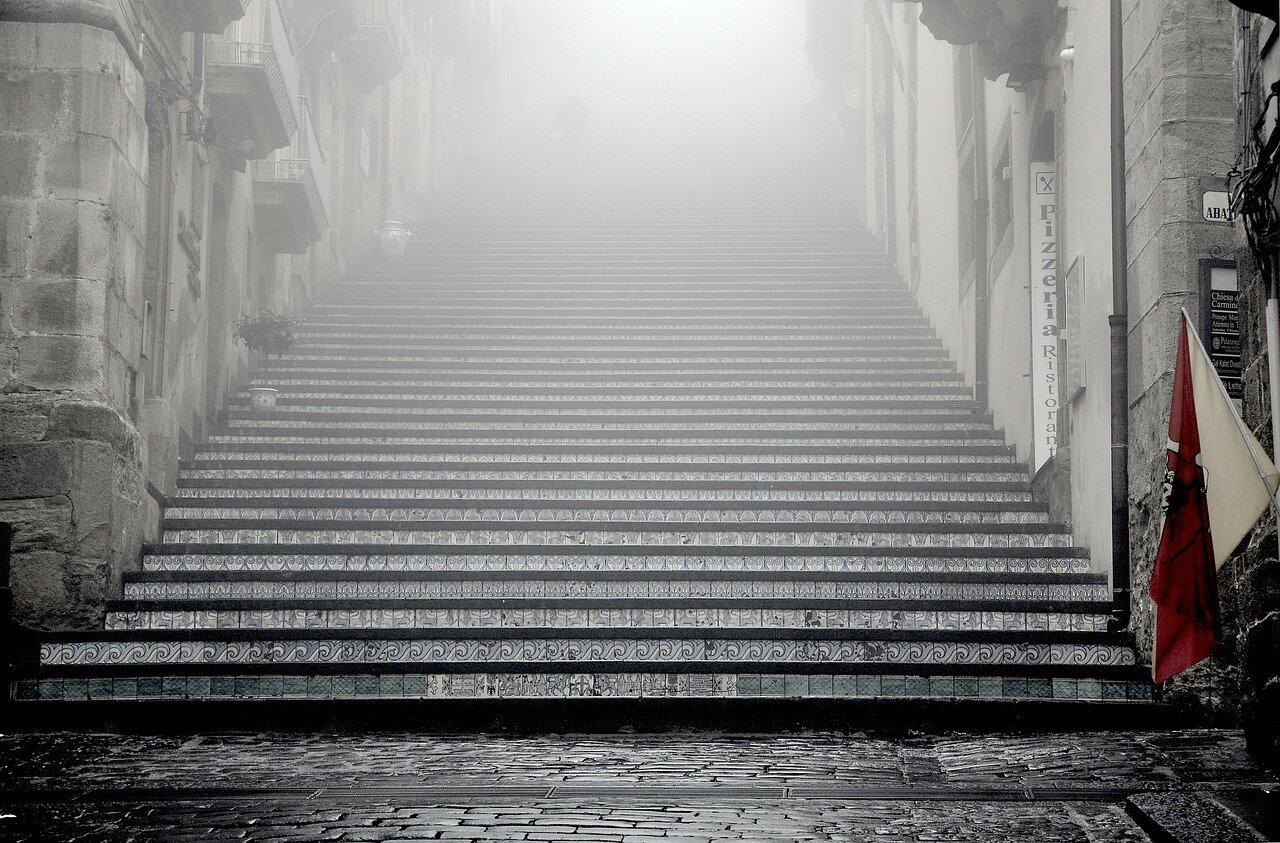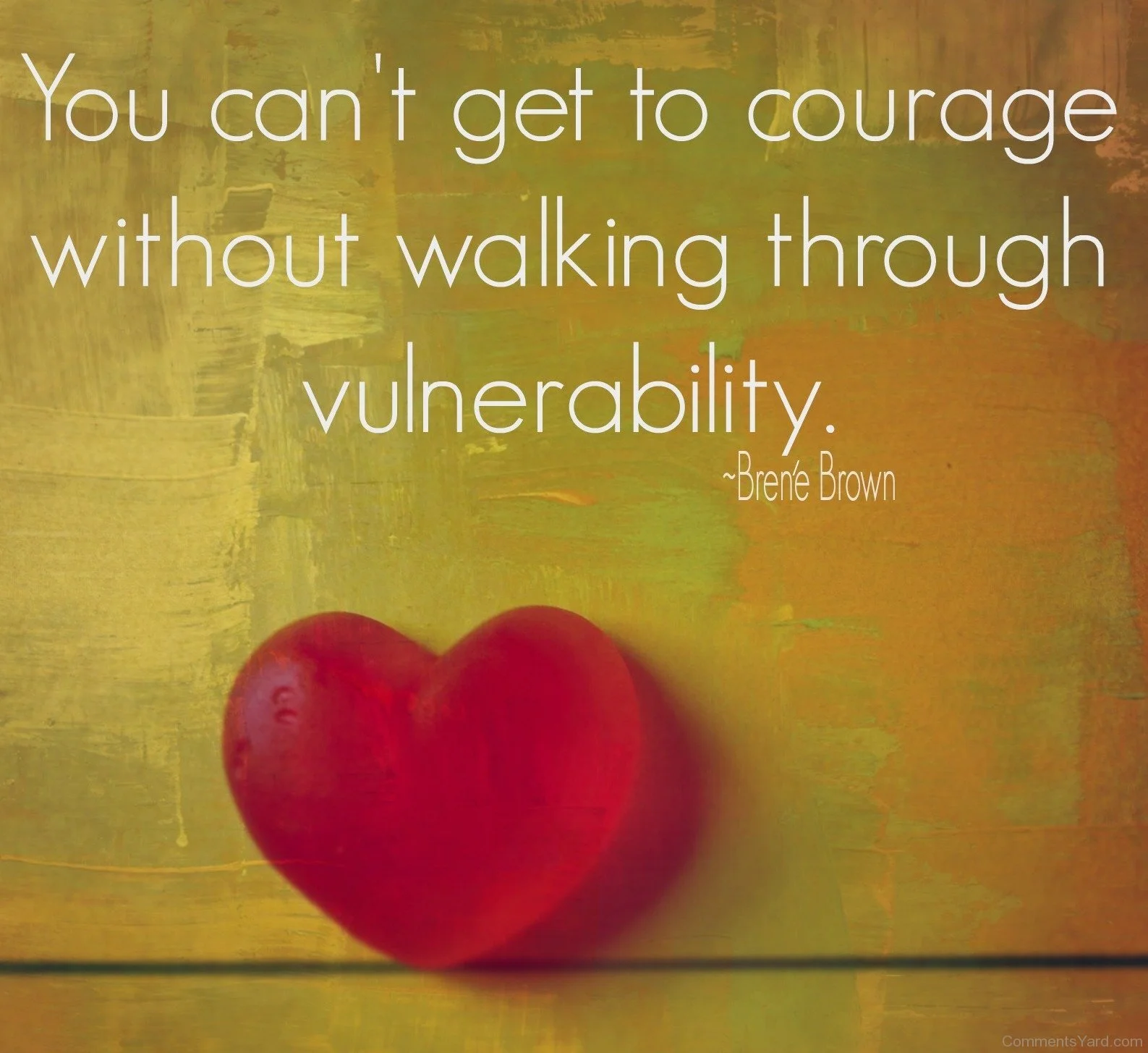Dispelling Your Doubts
“‘What will they think of me?’ must be put aside for bliss.” -Joseph Campbell
What would you give up for bliss?
Ironically, the one thing that distances and distracts us from our bliss is often the one thing hardest for us to let go of.
“What will they think of me?”
When we focus on how others might perceive us, we not only allow those people to hold us back, but we encourage them to do so and we invite it.
As we are growing up, we look for the approval of those around us, whether family, friends, neighbors, or teachers. After all, they care for us and help us grow and develop.
However, in that process, they also are teaching us to hold ourselves back. As a parent, I have also been complicit in this training.
Last year, my wife and I decided it was time for our youngest son to learn to ride his bike without training wheels—a process never as easy as it looks on TV.
Why? A natural part of the process is falling. If our son didn’t fall, he wouldn’t gain the experience, knowledge, or “feel” to balance himself on two wheels. If he continued using his training wheels, those additional wheels would provide his stability. If I held onto his bike after removing the training wheels, I myself would provide that stability. The only way for him to gain the skills he needed was for me to allow him the opportunity to fall.
As a parent, I want my children to grow and develop, but I also want them to be safe and secure, and sometimes those two things are at odds. As children, we look to the people in our lives who care for us for signals of what we should or should not do, and over time, we begin looking to our friends and peers for those very same signals.
Eventually, we internalize these signals and wonder, “What will they think of me?”
If you encourage your organization to end a popular, but unproductive program in order to do something innovative, but uncertain, will the members of your organization call you daring, or foolish?
If you say something when you see people belittling, humiliating, or otherwise hurting others, will they see you as a stand-up person or a stick-in-the-mud?
If you stand up and voice your concerns about behaviors tolerated by your organization, what will others think of you?
If you want to help and serve others, will you have the leadership, patience, skills, and time to make a meaningful difference, or will you simply waste your time?
If you quit your safe and secure job to pursue your passion, will your family, friends, and neighbors support you, or will they say you’re being reckless or selfish?
If you try to change the world—your world, no matter how big or small that world may be—what happens if you fail?
All of us have been reluctant, or we have outright refused, to accept the power of the opportunities we have in our lives. We have doubts about the outcome, process, and timing, but most of all, we have doubts about ourselves and our own abilities. We ask: Why this? Why now? And why me?
It is all too easy to refuse, to say no, and to walk away.
There is a very real possibility of falling on our faces.
When we find ourselves in those situations, it is easy to feel as if there is a fog of doubts all around us, clouding the path before us.
How can we possibly move forward? Slow and steady steps, one by one, with determination and strength.
In 1986, the Cleveland Plain Dealer interviewed Marian Wright Edelman, who founded the Children’s Defense Fund, and who worked with Rev. Dr. Martin Luther King, Jr. One of the things that Edelman most admired about King was his perseverance in spite of the enormous obstacles and opposition he faced.
“I was impressed by his leadership, but I think I was impressed even more by the fact that he was an adult and he was not afraid to speak about his uncertainties, his fears,” Edelman said.
“He introduced me to the idea of taking one step, even if you can’t see the whole stairway when you start. I think because of that, I have a much greater capacity to accept failure and move on.”
We have a hero problem in our world today. We have lifted up other human beings to a level that the rest of us cannot possibly reach. We have convinced ourselves that we are not like them, that we cannot be like them. We have separated them from the rest of us and made heroism an impossible and unreachable title.
As larger-than-life as the legacy of King may seem, it is in the less public and triumphant times of his life that we can find comfort in our own struggles and the strength to act on our values. As each generation remembers the stories of its heroes, those once-mortal figures become immortal legends—their once-real doubts, fears, and humanity are eroded by the sands of time.
According to author David Garrow in Bearing the Cross, in 1955, as King’s rising star was met with a rising tide of opposition and threats, King said, “I was ready to give up. With my cup of coffee sitting untouched before me, I tried to think of a way to move out of the picture without appearing a coward.”
Then he prayed, “Lord, I’m down here trying to do what’s right. I think I’m right. I think the cause that we represent is right. But Lord, I must confess that I’m weak now. I’m faltering. I’m losing my courage. And I can’t let the people see me like this because if they see me weak and losing my courage, they will begin to get weak.”
On the very same day he was assassinated, King felt the weight of the world. According to his closest confidants, he was discouraged, had doubts, and had trouble sleeping. In Washington, DC, his plans for a Poor People’s Campaign were in shambles. A peaceful march in Memphis turned violent when some of its participants forsook King’s nonviolent principles.
To be sure, none of this diminishes King’s greatness—instead, it may make him the greatest teacher ever on the subject of the hero’s journey.
When those of us guided by our values contemplate the historic feats of heroes such as King, we may feel discouraged or intimidated. We may stand in the vast shadows of those legends, and we may fear that we don’t possess the strength to act on our ideals and make a difference.
But King may very well have agreed with us. For that reason, he may be our greatest role model and teacher, showing us the true nature of commitment, courage, and perseverance, but also the very real doubts and fears we all face in our journeys.
Author's note: Parts of this post originally appeared in Building up without tearing down: How to cultivate heroic leadership in you and your organization, which was released Summer 2018.



